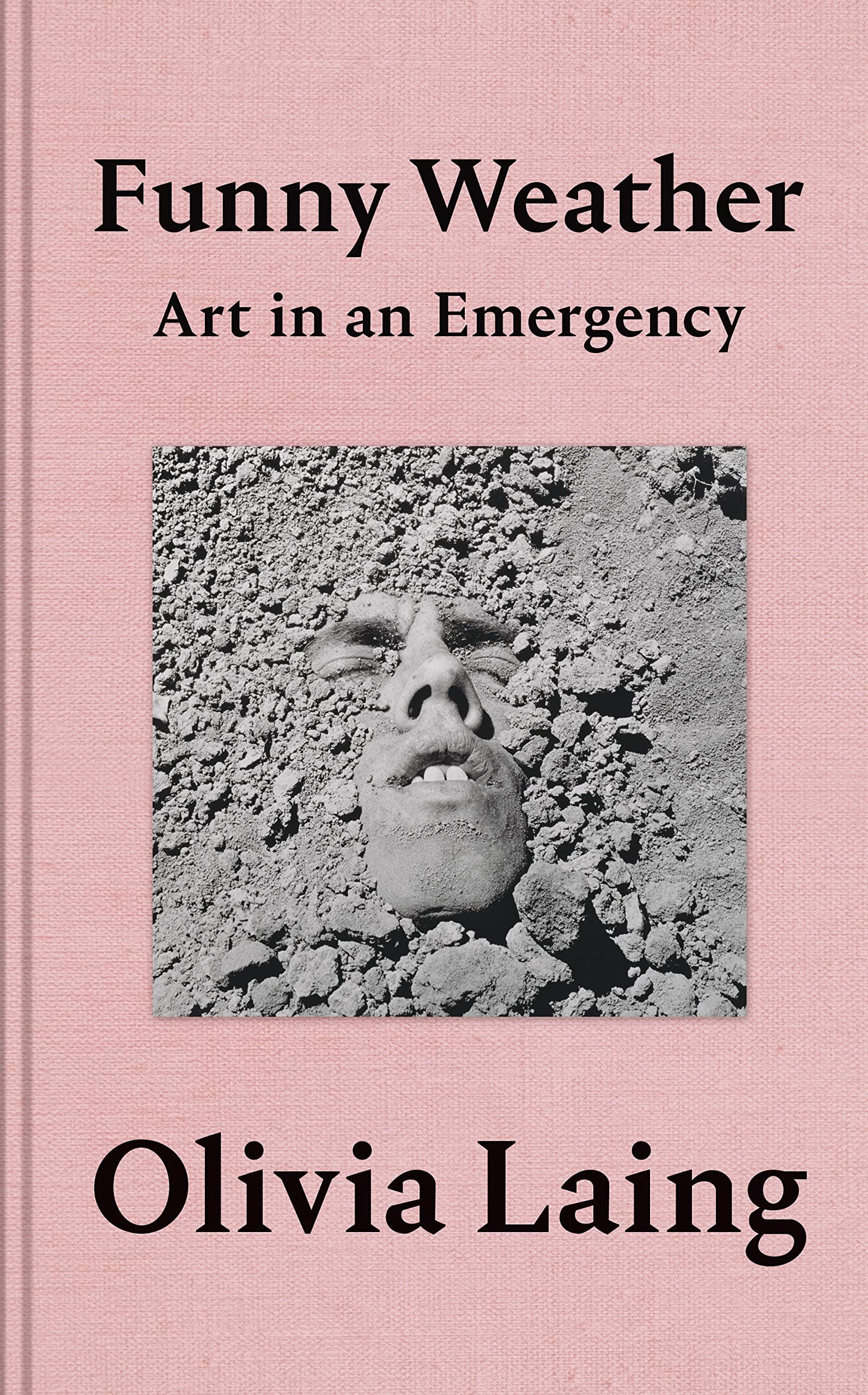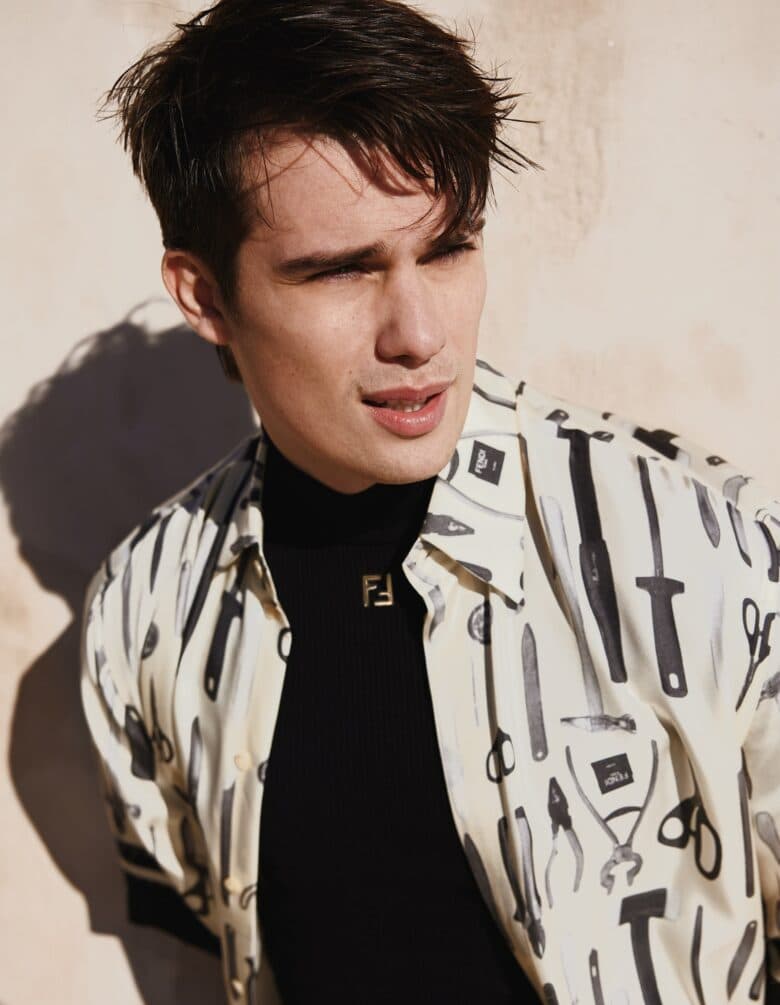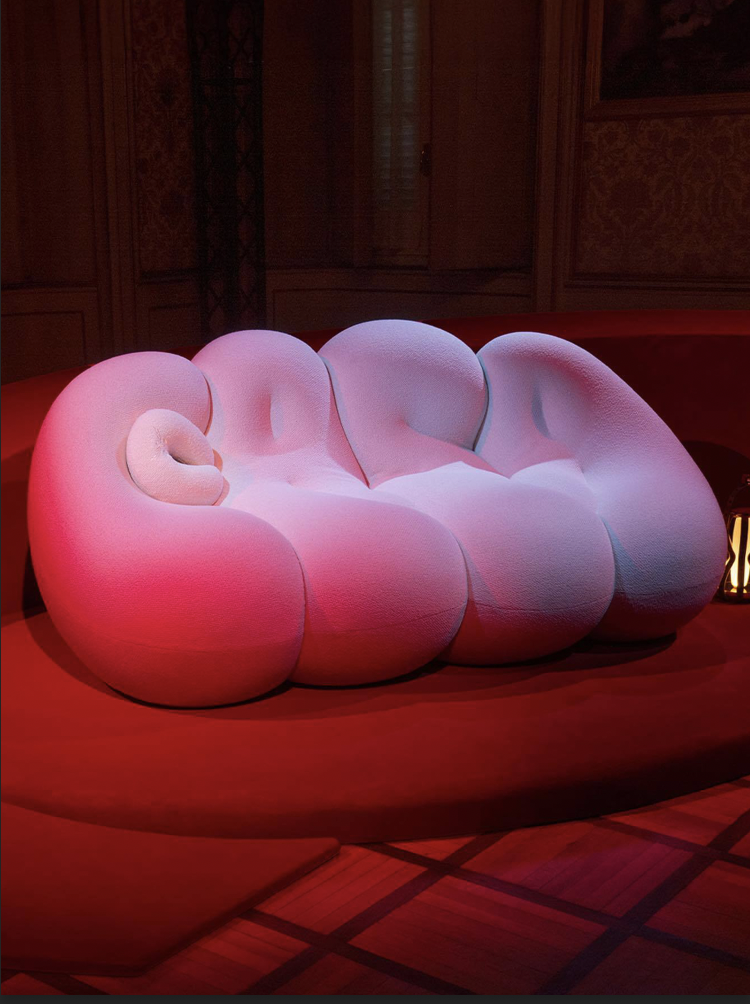Writer Olivia Laing on art in crisis
Emerging as one of the most important literary figures of the 2010s, Olivia Laing is the author of non-fiction works such as The Lonely City, The Trip to Echo Spring and To The River as well as Crudo, a novel reimagining cult writer Kathy Acker as newlywed member of the iPhone Generation. Her writings have explored what it means to be an outsider through the lens of different topics such as solitude, alcoholism and queerness. Amongst LGBTQI+ circles she is respected for putting the genderqueer condition into words, perhaps most prominently with The Lonely City where lines like “I inhabited a space in the centre, which didn’t exist, except there I was” capture the alienation from language, place and space that so many non-binary people feel.
The radical affinities that Laing’s writings can provoke already evidence the central premise of her latest release. Funny Weather, adapted from a series of essays in Frieze, is a collection exploring the intersections of art and politics to show the power of culture in times of crisis. Drawing upon queer theorist Eve Kosofsky-Swedgwick, she proposes a mode of “reparative reading” whereby we seek nourishment, happiness, hope and light through art and literature. In times like these, where many of us are turning to books and films to distract ourselves from current events, her argument feels particularly relevant.
To celebrate the book’s release, Olivia answered some of our questions about Twitter, environmentalism and, of course, what art can offer in hard times.
For our readers who haven’t cracked open Funny Weather yet, what can art offer in times of crisis?
I think three things: art is a force for resistance and repair, and it has an uncanny ability to stop time, to draw out connections and conclusions that are invisible inside this kind of fast-moving present. One of the central exhibits in the book is the role art played during the HIV/AIDS crisis, where it was both a way of bearing witness to the losses but also a very immediate and powerful political force in its own right.
Is this why right-wing governments are so keen on quashing creativity and making the arts inaccessible?
Artists are always under threat from the right – we’ve seen this in numerous regimes over the turbulent past century. Art – I believe this really strongly – is available for everyone. It’s a way of bearing witness, telling the truth and inventing new possibilities. Art is powerful!
What drew you to the different artists and writers that you focus on in the book? Is there any unifying factor?
I’ve been wondering about that and I think the answer is a kind of determined, even stubborn independence, a desire to invent new forms and ways of living, whatever the costs.
The Lonely City is about loneliness which has given it a renewed relevance since lockdown and Funny Weather picks this up too with essay “Feral”. What is it about loneliness that continues to spark your interest?
I think like Edward Hopper I am a lonely one, and feeling slightly outside of things and groups is what’s fed my interest in how they work and who they exclude.
Another recurring theme in your work is nature and what I think is so interesting about the title “Funny Weather” is that it gestures towards the intertwined nature of politics and the environment.
I was an environmental activist in the 1990s, and lived in trees to stop roads [being built], so I’ve been thinking about this relationship for a very long time now. My main thought at the moment is that we’ve been told for decades the kind of massive changes needed with regard to climate change are politically, economically and socially impossible. What the current crisis has shown us is that actually they’re not. I hope with all my heart that we can manage to make some of those changes now, and alleviate the great catastrophes ahead.

Do you see art as a way of removing oneself from the hyper-speed of the news and social media?
Yes and yes. This book emerged from a series of essays I wrote for Frieze that used art as a way of making sense of what seemed then like a dizzying and malevolent political moment. I was beginning to realise that art possesses an amazing capacity as an antidote to warp-speed news. It’s a way of processing and feeling what we might call bad information, and a tool for generating new, strange, fertile possibilities, and reinventing how we organise our communal lives.
I’m struck by the invocation of Eve Kosofsky Sedgwick’s “reparative reading” as a framework for the collection, particularly given her contributions to Queer Studies. Would you say that there’s an association between that mode of reading that you explore and queerness?
I think so. In fact, Eve argues that they’re intimately connected in the essay I draw on in the introduction. That’s certainly the way it’s always felt to me, as a genderqueer person raised in a lesbian family during the era of HIV/AIDS and Section 28. It’s why I make art, and it’s also what draws me to many of the artists I love, among them Derek Jarman and David Wojnarowicz: the desire to invent something new and sustaining out of a world that emphatically despises you.
You’ve previously been outspoken about your difficult relationship with Twitter — what is it about Twitter that can make it such a difficult place to be when things turn bad politically?
It’s the crest of a wave of breaking news, so you are pummelled by headlines and speculation. It’s brilliant for feeling like you’re keeping up to date with, or even bearing witness to the world, but in terms of actually making sense of events or understanding why anything is happening, I think it’s fairly hopeless. I think there’s a choice between deep and fast thinking, and Twitter only serves the latter.
How are you keeping yourself busy in isolation?
In terms of writing, my life hasn’t changed at all: I’m finishing a book and I’d always be spending long hours alone. It’s the rest of the time that’s strange and disturbing. I’m gardening a lot, but I’m also reading obsessive amounts of news and worrying, like everyone else in the world.
What is the next project you have coming up?
It’s a big new non-fiction book called Everybody. It’s about the body and freedom, and it travels through the freedom movements of the twentieth century and tries to understand why they haven’t succeeded in the ways we might have hoped. The cast is very exciting: Ana Mendieta, Malcolm X, Bayard Rustin, Nina Simone, Andrea Dworkin. I’ve got a week to go and then I have to hand it over to my editors. Fingers crossed!
Funny Weather is out now. You can’t find Olivia on Twitter but you can still follow her on Instagram.

